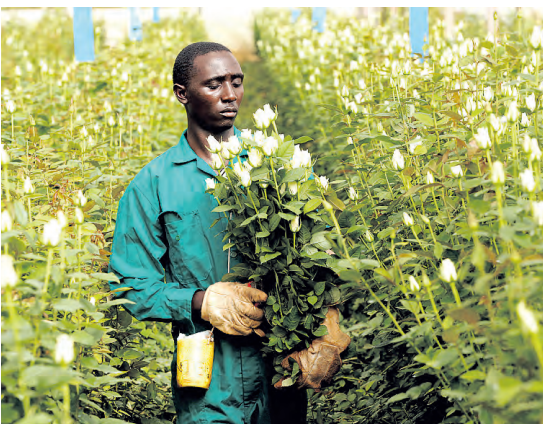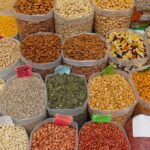New producers in the horticulture sector have raised concerns about the rising cost of production, warning that it could reduce the country’s share of the global economy and emerging markets.
They say the rising cost of doing business is causing international buyers to turn to other African countries.
One exporter said the price of a kilogram of vegetables from Nairobi, the main horticultural market, to Amsterdam was between $3 (Sh388) and $5 (Sh647), while in Ethiopia, Tanzania and Rwanda the price was lower than the same food abroad, at $1.5 (194 shillings) and $2 (258 shillings).
Agriculture Minister Paul Rono said that while the economy had grown well in the past decade, there were still serious problems affecting its sustainability.
- Advertisement -
These challenges include climate change, high production costs, pests and diseases, competitive markets and tight market conditions. “By 2023, exports of horticultural products are expected to generate foreign exchange worth Shillings 157 billion,” Rono said.
He was speaking at a meeting of the National Horticulture Standing Committee.
The committee’s mandate is to identify emerging issues, improve horticultural products, promote research and development, and ensure compliance with market regulations, including the establishment of quality standards and certifications.
“One of the biggest challenges facing the sector is the control of moth caterpillars that affect fruits and flowers.” The committee will also monitor the impact of the MRL warning on beans and peas and explore different strategies that Kenya is currently relying on. “There is a limitation of the product and the market,” Rono said. “The organisation also hopes to play a key role in guiding the sector through these challenges, ensuring that it remains stable and competitive in the global economy,” he said.
Dr Bruno Lin-Iruka, Director of Agriculture and Food Safety Management said one of the Board’s mandates is to develop and implement policies and regulations that support best practices and a business environment.
- Advertisement -
Last year, the war between Israel and Hamas made exports across the Red Sea difficult, forcing Kenyan exporters to reroute their shipments to Europe via South Africa and West Africa.
This disruption has led to increased air freight rates, adding to the financial strain on shippers.










